Academic Weapons
AP Capstone Program Open to Current Freshmen, Sophomores
Raising his hand to ask a question, junior Jack Garrett pays attention to the lecture in his AP Seminar class. AP Seminar is the first course in the AP Capstone program, a two-year program where students learn how to analyze, conduct research and give presentations and write essays over their findings. “Both [classes] are centered around research,” AP Research student and junior Amanda Eklund said. “Seminar [teaches you] how to research, and [you] look at other people’s research and combine th[eir] ideas together [for a grade], while Research is conducting your own [experiment].” To learn more about this program and enroll in it for the 2023-2024 school year, contact AP Research teacher Lauren Brannan at [email protected].
February 22, 2023
The AP Capstone diploma program, run by College Board, will be open again this year to ninth and tenth graders as class options in Home Access Center when it allows students to make their course selections. The two-year program consists of two classes, AP Seminar and AP Research. AP Seminar, which teaches students college-level analysis and researching skills, is the prerequisite to AP Research, a class where students put the skills they learned in Seminar into practice and conduct their own research project about a topic of their choice.
“Both [classes] are centered around research,” AP Research student and junior Amanda Eklund said. “Seminar [teaches you] how to research, and [you] look at other people’s research and combine th[eir] ideas together [for a grade], while Research is conducting your own [experiment].”
The AP Seminar class includes a group project, an individual project, and an AP exam at the end of the year. Currently, Seminar students are transitioning into their individual projects after group presentations were finished last week.
“AP Seminar is kind of like training you up to be able to formulate your own research,” junior and AP Research student, Kira Griffin, said. “The Seminar class [is] like the basis of understanding [research], and in the Research class we’re more so creating our own [project]. We basically have complete freedom with what we [research] and how we [research] it. It has to check a couple boxes as far as [writing] the essay goes, but we basically have complete topic freedom, method freedom, and it’s very individual and self-paced. Everyone’s topic is so different.”
Research students spend the first part of the school year picking their research topic that they will write a 5,000-word essay over, which is written throughout the year in pieces, and give a 20-minute presentation about their research at the end of the year. The essay and recorded presentation are both submitted to College Board for scoring.
“As far as the essay goes, we have deadlines for [different parts of it], but all the in-between is just kind of mush,” Griffin said. “Whatever works for each person individually to get them to where they need to be by the end of each deadline is just whatever they need to do.”
The presentation will be given in April, and is done in front of a panel of judges who ask questions about a student’s topic after they present their research.
“[The presentation] is taking [your] paper and transitioning it from [an essay] to quick snap-shots of what happens in your project and how it went,” Eklund said. “It’s taking the paper and condensing it into slides and a presentation.”
Research students are currently in the data-collecting phase of their projects, and have spent January and February surveying, interviewing and experimenting with students from around school. They are gathering information from students related to what question they are trying to answer through their research.
“My topic is sustainable fashion in marketing,” Eklund said. “What I’m trying to figure out is if [the] popular brands that high schoolers shop from are sustainable. I’m looking at the fabrics of certain types of different clothing and comparing them to other brands and seeing which one is most deemed sustainable. Then, in my experiment, I’ll see whether high school students know what sustainable fashion is and [if they can] recognize it in marketing.”
The AP Capstone Research website has Google Forms on it linked to researchers’ surveys that participants in their research can fill out to be interviewed, put in a focus group or in an experiment, which is where Eklund’s survey is located.
“I [have] 35 participants [who will be a part of my] experiment. As of right now, I have 25 or 26 out of my 35 people done with the experiment. I’m going to finish up doing my experiments next week, and then after that I’m going to continue to revise and edit my methods section of the paper, which is like the step-by-step on how I’m conducting my notes. I’m [also] doing a content analysis on stores and how sustainable their materials used in their clothing are. A content analysis is [when] you go out and you look at [information] that already [exists] and you analyze [it]. I’m taking that information to apply to my findings later.”
Griffin’s research topic is over the use of laugh tracks in sitcoms and reality television and what effect they have on the humor in the shows.
“I’m doing an experiment [that] entails a couple of videos from the show ‘Community’ and a couple videos from ‘The Office,’ and then another one from ‘Friends,’ and I’m using those videos in different groupings,” Griffin said. “I’m adding laugh tracks into some of the ‘Community’ videos and so that way I’m able to figure out whether the same jokes from ‘Community’ are being influenced by the addition of laugh tracks or the lack thereof, and then comparing the reactions to those to shows that either already have a laugh track or don’t have a laugh track.”
The Role of Laugh Tracks in Sitcoms, Griffin’s survey, has a demographic section and pre-knowledge questions to aid her in assessing participants’ familiarity on sitcoms and laugh tracks. She landed on her chosen research topic when working on the summer assignment for AP Research, which is meant to help students get an idea about what they want to research.
“I wanted to choose [a research topic] that was very interesting to me, because I don’t typically like reading a bunch of articles and researching,” Griffin said. “I’m in theater, [and] the logistics behind sitcoms and other TV shows are really interesting to me. Part of our summer assignment for AP Research was to start to look into different topics [so] that we might have an idea when we started the class of what [we wanted to research]. One of the topics I landed on was laughter in and of itself, and [if you] combine theater and laughter you have laugh tracks, so it was a perfect little combination of things that I found interesting. I’m on track to get all the information that I need for my essay, and the creation of the experimentation [and] the organization of it has been going great.”
AP Research teacher Lauren Brannan, who has taught the Research class for eight years, said she’s proud of her Research students who have been working hard to meet deadlines for their projects.
“They’re doing a really good job,” Brannan said. “They are [also] excited; it’s the first time they’ve ever gathered data like this, and we all think that’s the fun part of the class: you get to ask a question and [collect] data to get the results. You created all of that yourself. They’re all working hard to basically write a masters’ thesis in high school.”
Brannan has spent the last few weeks making appearances in advanced English I and English II classes to try and recruit freshman and sophomore students who may be interested in joining the AP Capstone program next year.
“The Capstone program is, I would say, one of the best ways to prepare you for all of your college classes,” Brannan said. “I have been trying to make students aware of the fact that we have this diploma program at this school. In my mind, it would be nice if 10% of our high school population is in the program, because it makes sense to me that 5-10% of our school should be taking advantage of that diploma program.”
Graduates who have received the AP Capstone diploma have had several academic advantages compared to their peers at the universities they attended, Brannan said, because of the research experience this course gives them.
“I would say some of the big [accomplishments we’ve had in this program] are how it has helped students gain entrance into universities and honors programs within universities,” Brannan said. “Our graduates will say that it was a huge help on college applications, and we even have some students that have gotten scholarships based off of being in the program, and also research opportunities that many under[classmen] in college don’t get until they are into their senior year or beyond. We’ve had several students as freshmen or sophomores be a part of a research program just because they did the program here.”
Eklund said the AP Capstone program has been very beneficial to her as a student and is a rewarding experience in itself.
“Before [AP] Capstone, I really struggled with being able to write well, and [this program] has helped me grow more in my writing skills,” Elkund said. “I’ve [also gotten] a better understanding of how to research and [write] citations. Anyone can take the class, but I think that if you want to challenge yourself, these are good classes to take because they are definitely something that you have to put the work into. It is a lot of work. But if you manage it well, it isn’t that bad. If you do your stuff when the teachers tell you to get it done, then you’ll be fine.”
The program is more flexible than other AP classes, Brannan said. She said students will find a lot of success in these courses if they pay attention during class and complete the portions of work assigned to them throughout the year by their deadlines.
“The teachers really become more facilitators of the students’ progress,” Brannan said. “It is one of the best ways to prep[are] you for college.”
Griffin said that along with teaching her important academic skills she’s found herself using in several of her other classes, AP Capstone has also helped her manage stressful weeks when exams and presentations begin piling up.
“[The program] has helped me handle the stress of junior year, [the] PSAT, AP classes, and [the] SAT,” Griffin said. “I feel like because of how much freedom we have with our time but we still have deadlines, [the course] is a similar format to how college works. From what I’ve heard it’s similar to [college] in that we’re able to deal with our own [academics], and as long as [things are] done and completed by a certain date, all the in-between is just whatever you need [to work on and get done].”
The freedom the AP Capstone program gives students with what research topic they choose is one of the reasons why Griffin would recommend it, she said.
“My favorite thing about the program is probably the format of it and the way that we’re able to [research] what we want [in the AP Research class],” Griffin said. “[You] don’t have to suffer through a topic that you hate. Like you can literally do any topic. There’s almost no restriction. [I’d recommend this course especially] for people who are going to college for anything that has to do with an intense amount of writing or an intense amount of thinking of the things. It’s definitely a very good program. It’s really nice because people are able to be themselves in [this class].”
To learn more about this program and enroll in it for the 2023-2024 school year, contact AP Research teacher Lauren Brannan at [email protected].



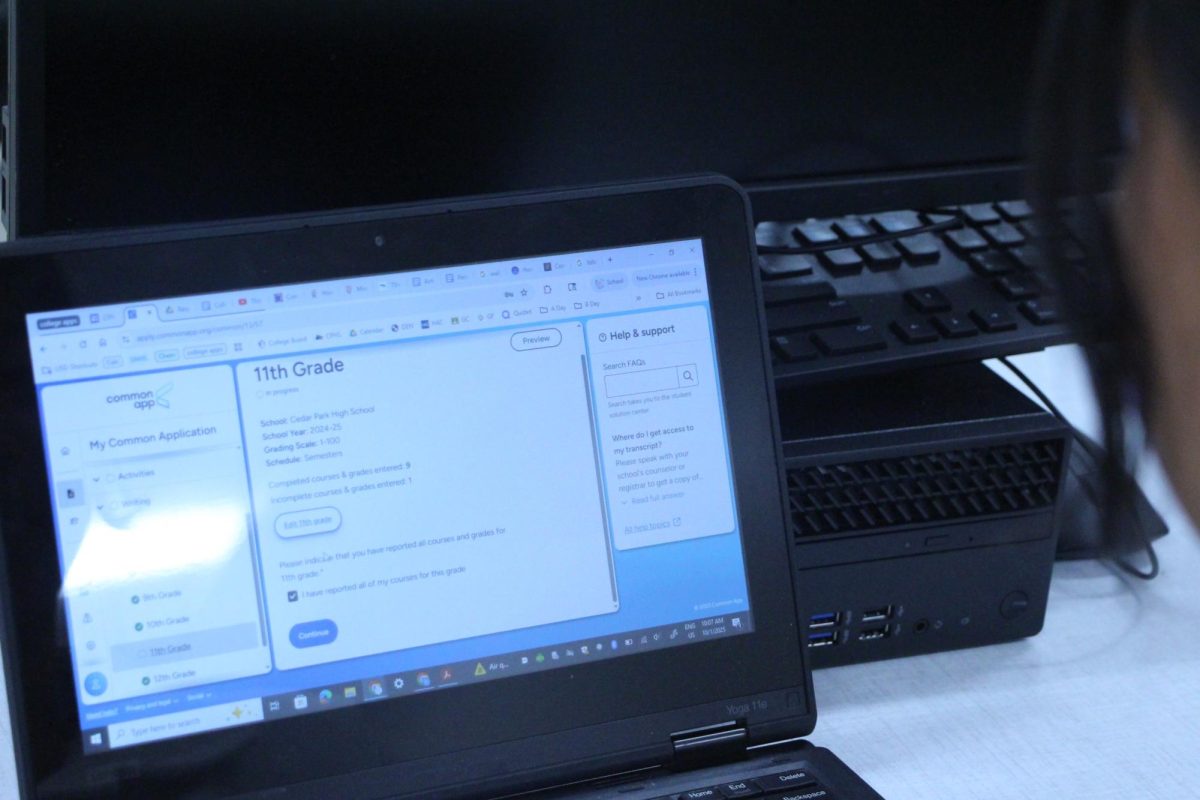
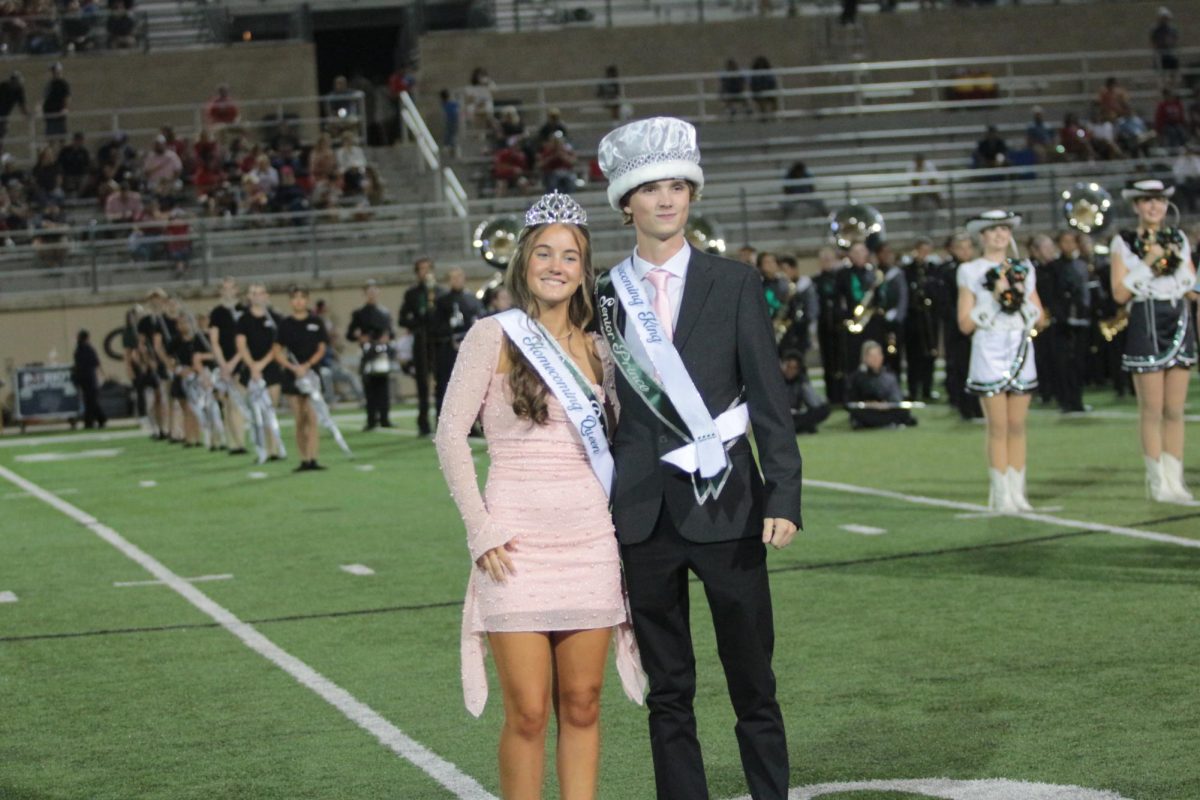





![Broadcast, yearbook and newspaper combined for 66 Interscholastic League Press Conference awards this year. Yearbook won 43, newspaper won 14 and broadcast took home nine. “I think [the ILPC awards] are a great way to give the kids some acknowledgement for all of their hard work,” newspaper and yearbook adviser Paige Hert said. “They typically spend the year covering everyone else’s big moments, so it’s really cool for them to be celebrated so many times and in so many different ways.”](https://cphswolfpack.com/wp-content/uploads/2025/05/edited-ILPC.jpg)



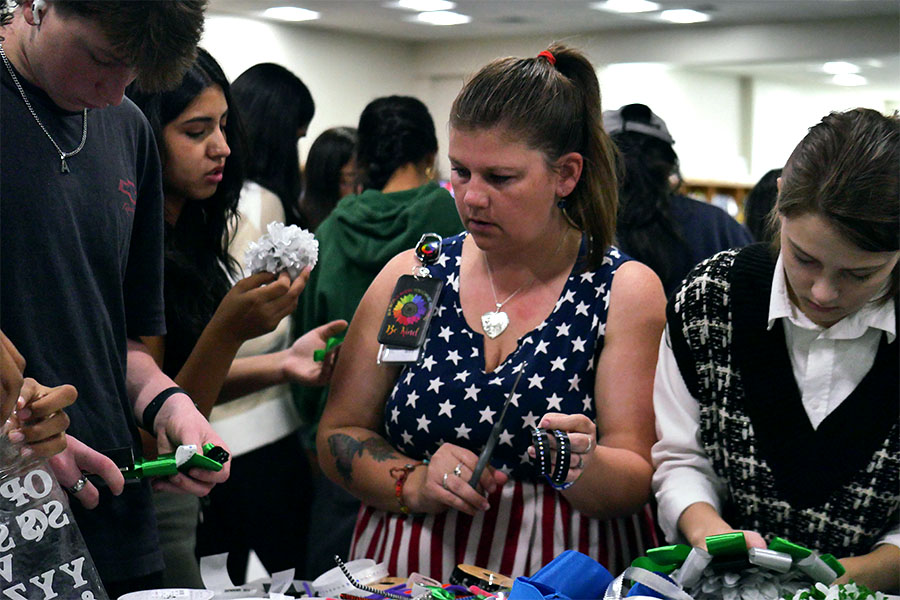

![Looking down at his racket, junior Hasun Nguyen hits the green tennis ball. Hasun has played tennis since he was 9 years old, and he is on the varsity team. "I feel like it’s not really appreciated in America as much, but [tennis] is a really competitive and mentally challenging sport,” Nguyen said. “I’m really level-headed and can keep my cool during a match, and that helps me play a bit better under pressure.” Photo by Kyra Cox](https://cphswolfpack.com/wp-content/uploads/2025/09/hasun.jpg)

![Bringing her arm over her head and taking a quick breath, junior Lauren Lucas swims the final laps of the 500 freestyle at the regionals swimming competition on date. Lucas broke the school’s 18-year-old record for the 500 freestyle at regionals and again at state with a time of 4:58.63. “I’d had my eye on that 500 record since my freshman year, so I was really excited to see if I could get it at regionals or districts,” Lucas said. “ State is always a really fun experience and medaling for the first time was really great. It was a very very tight race, [so] I was a bit surprised [that I medaled]. [There were] a lot of fast girls at the meet in general, [and] it was like a dogfight back and forth, back and forth.” Photo by Kaydence Wilkinson](https://cphswolfpack.com/wp-content/uploads/2025/03/Kaydence-2.7-23-edit-2.jpg)
![As her hair blows in the wind, senior Brianna Grandow runs the varsity girls 5K at the cross country district meet last Thursday. Grandow finished fourth in the event and led the varsity girls to regionals with a third place placement as a team. “I’m very excited [to go to regionals],” Grandow said. “I’m excited to race in Corpus Christi, and we get to go to the beach, so that’s really awesome.” Photo by Addison Bruce](https://cphswolfpack.com/wp-content/uploads/2025/10/brianna.jpg)











![Raising his hand to ask a question, junior Jack Garrett pays attention to the lecture in his AP Seminar class. AP Seminar is the first course in the AP Capstone program, a two-year program where students learn how to analyze, conduct research and give presentations and write essays over their findings. “Both [classes] are centered around research,” AP Research student and junior Amanda Eklund said. “Seminar [teaches you] how to research, and [you] look at other people’s research and combine th[eir] ideas together [for a grade], while Research is conducting your own [experiment].” To learn more about this program and enroll in it for the 2023-2024 school year, contact AP Research teacher Lauren Brannan at Lauren.Madrid@leanderisd.org.](https://cphswolfpack.com/wp-content/uploads/2023/02/tyler-kukla-new-9-600x900.jpg)
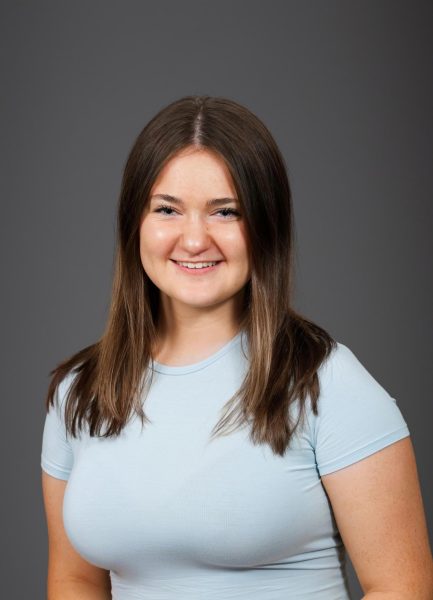
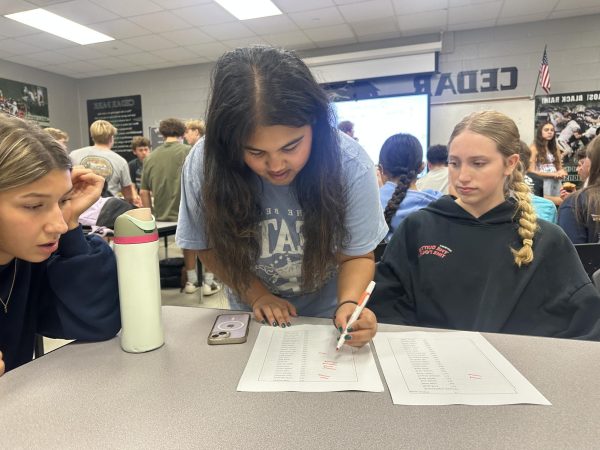
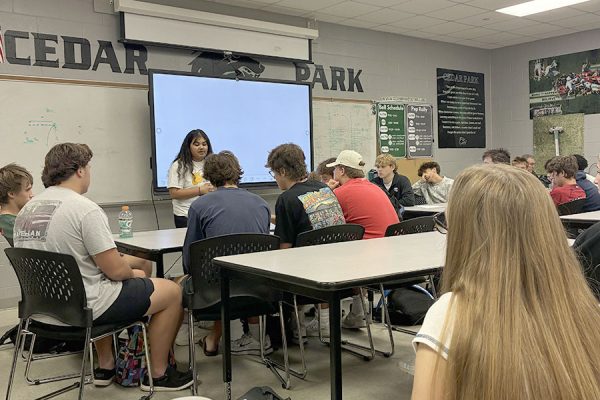
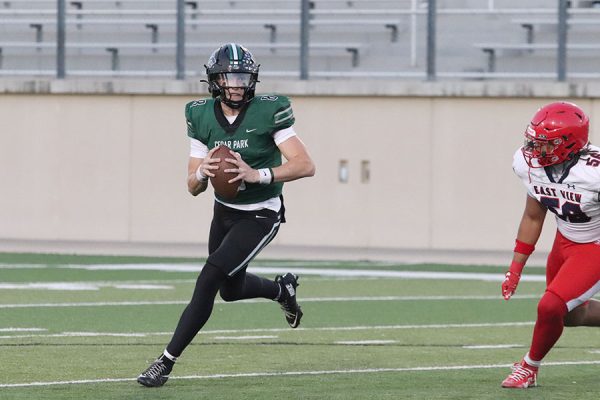
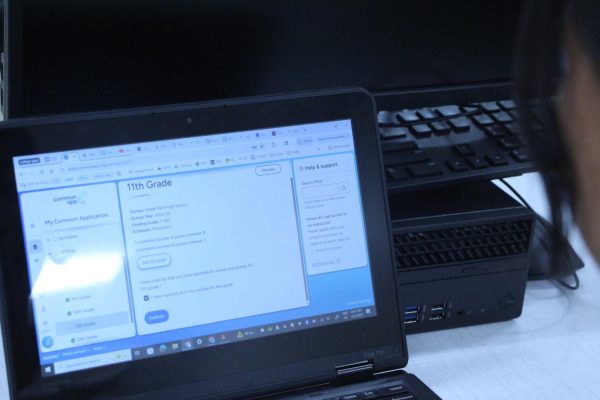
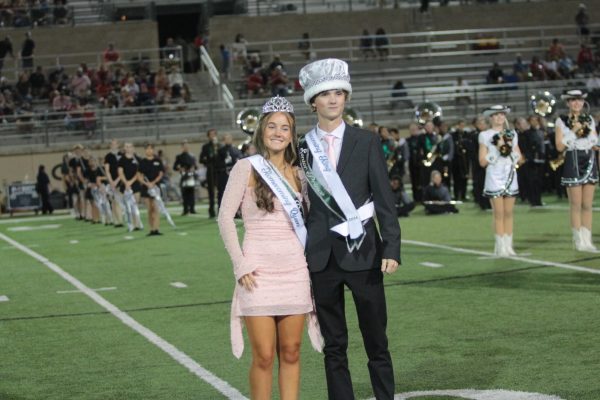
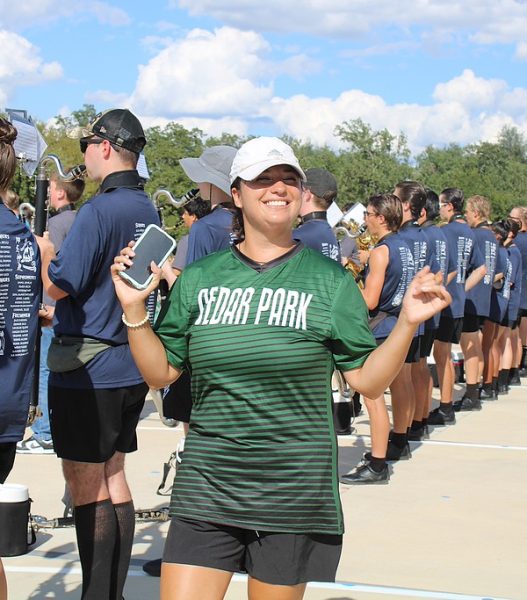
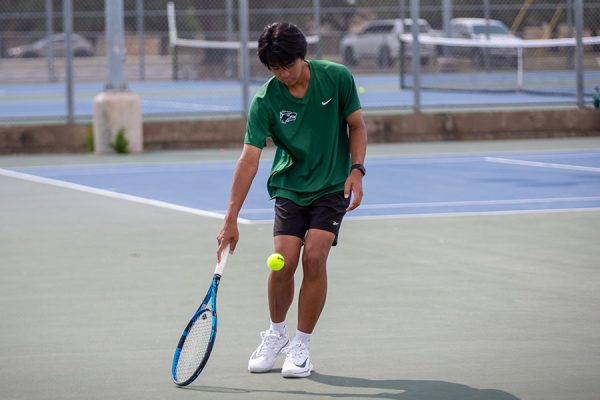
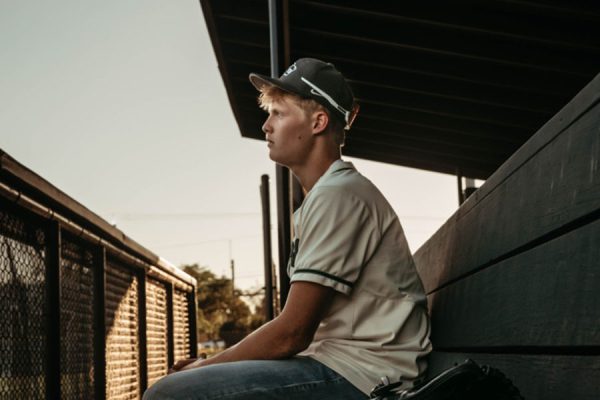
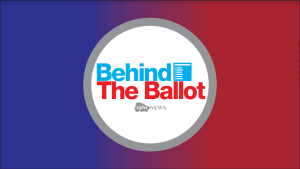

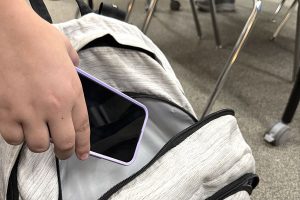
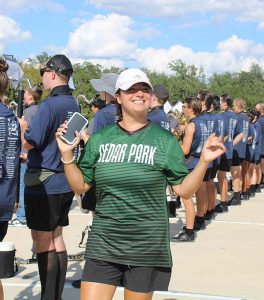


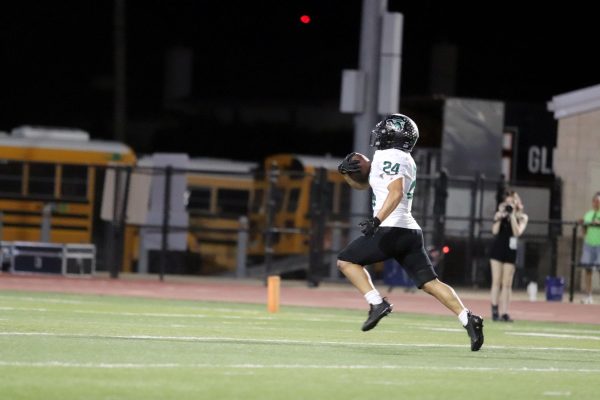
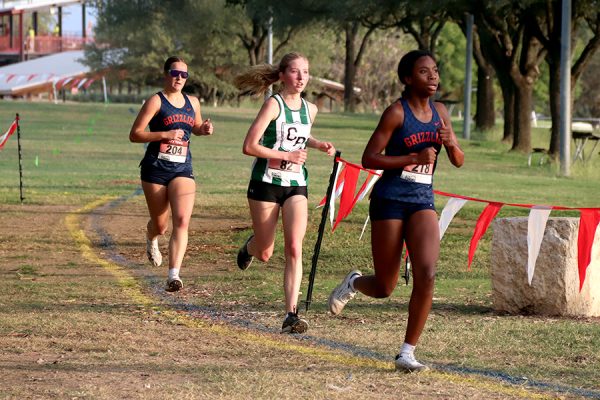

Lauren Brannan • Mar 29, 2023 at 12:36 pm
Thank you, Kacey, for writing this piece that highlights the AP Capstone program here at CPHS. It really sheds light on the program and all of its benefits.